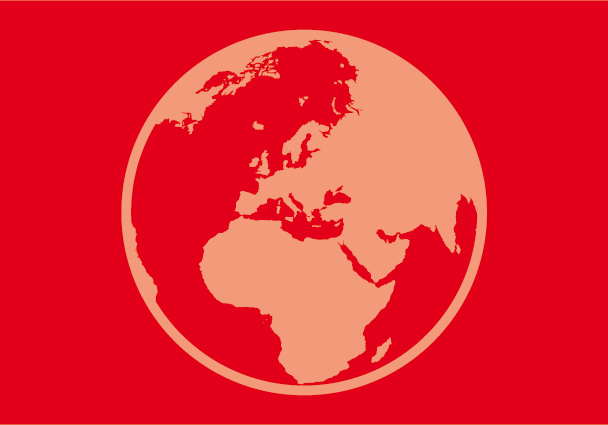The ICJ today delivered a statement before the UN Human Rights Council during the Panel discussion on the adverse impact of climate change on the full and effective enjoyment of human rights by people in vulnerable situations.
The statement reads as follows:
“Mr President,
The Commission on Human Rights of the Philippines has stressed, that “inconsistent with upholding the value and dignity of the human being, the effects of climate change are infringing on the Filipino people’s human rights.” The adverse human rights consequences of climate change carry disproportionate impacts on women and girls.
Fiji is still trying to recover from the devastation caused by Tropical Cyclone Winston in 2016. Fijians live at the frontline of climate change impacts. Rising sea levels and the increased risk of flooding especially affect coastal communities in low-lying areas. Many poor people are dependent on farming and linked livelihoods, which are prone to climate shocks and likely to push people deeper into poverty. Women are especially vulnerable to climate change risks due to domestic violence and other gender-based harms that have the potential of deepening the gender divide. The intersection between vulnerabilities is a particular concern.
During post-disaster recovery efforts, women are often pushed to migrate to supplement the family income, making them vulnerable to exploitation, forced prostitution, and trafficking. During food shortages, the needs of men and young children are prioritized over women. Filipino and Fijian women and girls are more vulnerable in the face of a changing climate.
The ICJ calls for gender parity in respect of decision-making on questions around climate change. Adaptation initiatives and climate programs must address gender and culture-specific circumstances. Developed States should commit to providing ongoing climate finance which includes gender-sensitive investments.
The ICJ calls on States to guarantee equal space and resources for women in order to stop the inequality and discrimination against women affected by climate change.
Thank you.”
Contact:
Massimo Frigo, ICJ UN Representative, e: massimo.frigo(a)icj.org, t: +41797499949

